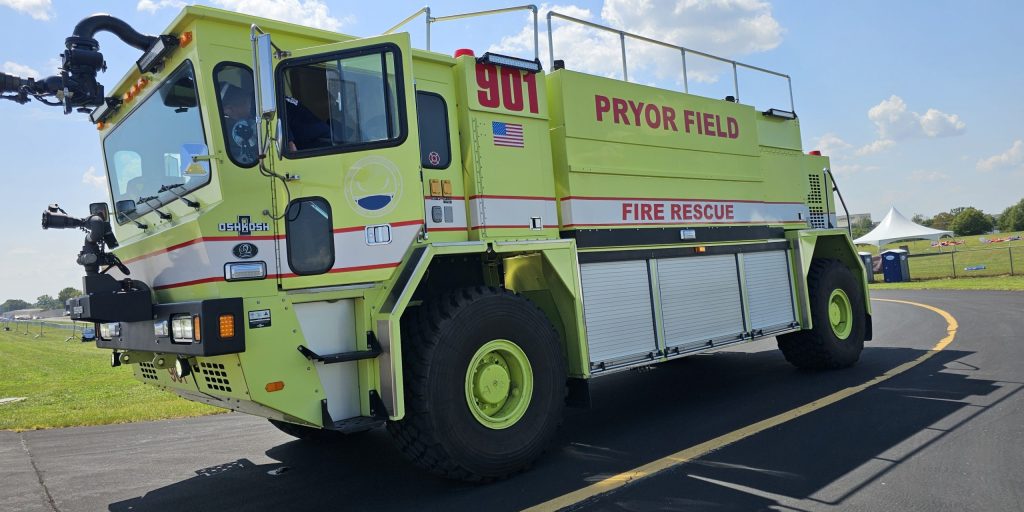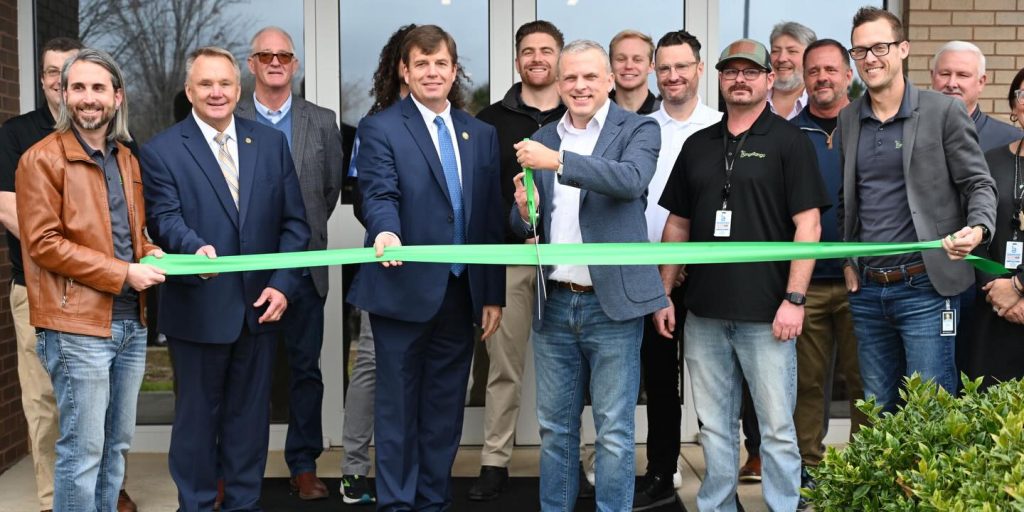FLORENCE – Through the North Alabama Public Service Training Center, the University of North Alabama is helping to provide critical de-escalation training for local and regional law enforcement and other first responders, helping them make a difference in their communities while promoting research collaboration and best practices.
The training is the result of a two-year Department of Justice–Office of Community Policing Services collaborative agreement grant to the university and the center. The NAPSTC is one of 10 regional de-escalation training centers in the United States.
“What this effort is really about is providing a more robust and a different set of tools for responding officers to use when dealing with these complex and difficult situations, especially when dealing with a subject who is in crisis and is unarmed or armed with something other than a firearm,” said Dr. Wayne Bergeron, NAPSTC Director and Associate Professor. “Nothing in the training limits an individual officer’s response options; if anything, the training gives the officer more opportunities to get a better outcome.”
The NAPSTC collaborates and serves the training and education needs of local, regional, and statewide public service agencies including law enforcement and corrections, fire and rescue, emergency medical services, emergency management organizations, and other community leaders and stakeholders by supporting training, collaboration, education, outreach, and research for public service organization leaders and employees.
The goal for the center is to further engage and build sustainable partnerships to advance the knowledge, skills, and abilities of the North Alabama public service community.
Bergeron authored the grant and serves as the director of the Regional De-Escalation Training Effort. In the context of law enforcement and first responders, de-escalation refers to the use of verbal and nonverbal skills to slow down a sequence of events, conduct proper threat assessments and situational awareness to allow for better decision-making as well as to reduce the likelihood a situation will escalate into a physical confrontation or injury, and to ensure the safest possible outcomes for everyone involved in the encounter.
The initial goal of the program is to provide the Police Executive Research Forum developed Integrating Communications, Assessment and Tactics De-Escalation Training course free of charge to all law enforcement and first response agencies in the Shoals and broader Tennessee Valley regions.
Additionally, the center is developing training courses and modules which will be included in an Adaptive Policing Certificate program. The goal during the next two years is to train at least half of the law enforcement officers and first responders in the region.
“Ideally, we would like to see every law enforcement and first response agency commit to training 100 percent of their front-line officers in this program,” said Bergeron.
The grant money will also be used to hire a full-time project coordinator, a marketing and outreach graduate assistant, and a student worker to assist with administration of the program, as well as paying for consultant instructors. The majority of courses will be taught in Florence at the Center, housed in UNA’s College Street Building.
Departments and agencies have the opportunity to host courses at their locations, and a travel stipend for officers who live or work more than 75 miles from the center is also available.
For more information, click here.











